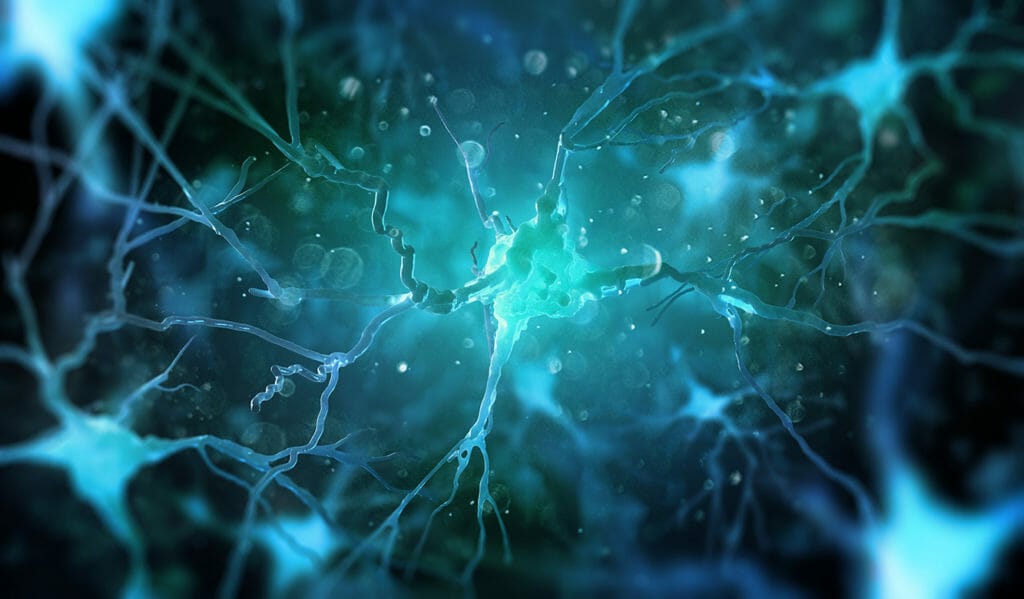A new large scale study from Japan has demonstrated clear links between levels of omega-3 and depression.
Over 2000 men and women with an average age of 60 took part in the study. Blood samples taken early in the morning after 12 hours of fasting showed an inverse association between omega-3 levels and symptoms of depression.
This study is of particular significance as the majority of research on omega-3 and depression looks at the standard Western diet, typically low in oily fish and other sources of omega-3. Japan has a traditional diet rich in oily fish yet differences in blood levels of omega-3 are still associated with depression.
The omega-3 oils needed for mental wellbeing are EPA (eicosapentaenoic acid) and DHA (docosahexaenoic acid). These fats form a vital part of brain structure and support the transmission of messges between cells in the nervous system. The importance of omega-3 fats to brain health can be likened to a mobile phone signal: without sufficient levels of these fats, cell communication is crackly and interrupted, similar to poor mobile phone reception!
Standard Government dietary advice is for adults to eat 2 portions of oily fish each week to maintain omega-3 levels yet most people fall short of this basic requirement. Supplements of high quality fish oil or krill oil can plug these gaps in the diet and support healthy omega-3 balance.
References:
Horikawa C et al (2016) Cross-sectional association between serum concentrations of n-3 long-chain PUFA and depressive symptoms: results in Japanese community dwellers. Br J Nutr 115:672-80 Full paper










